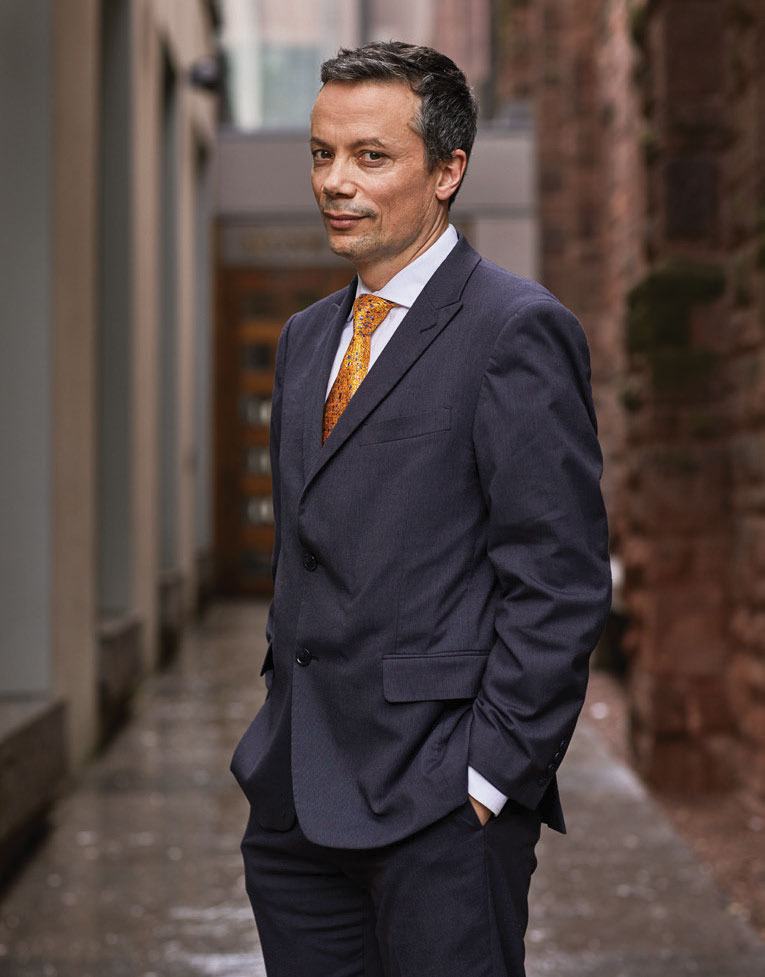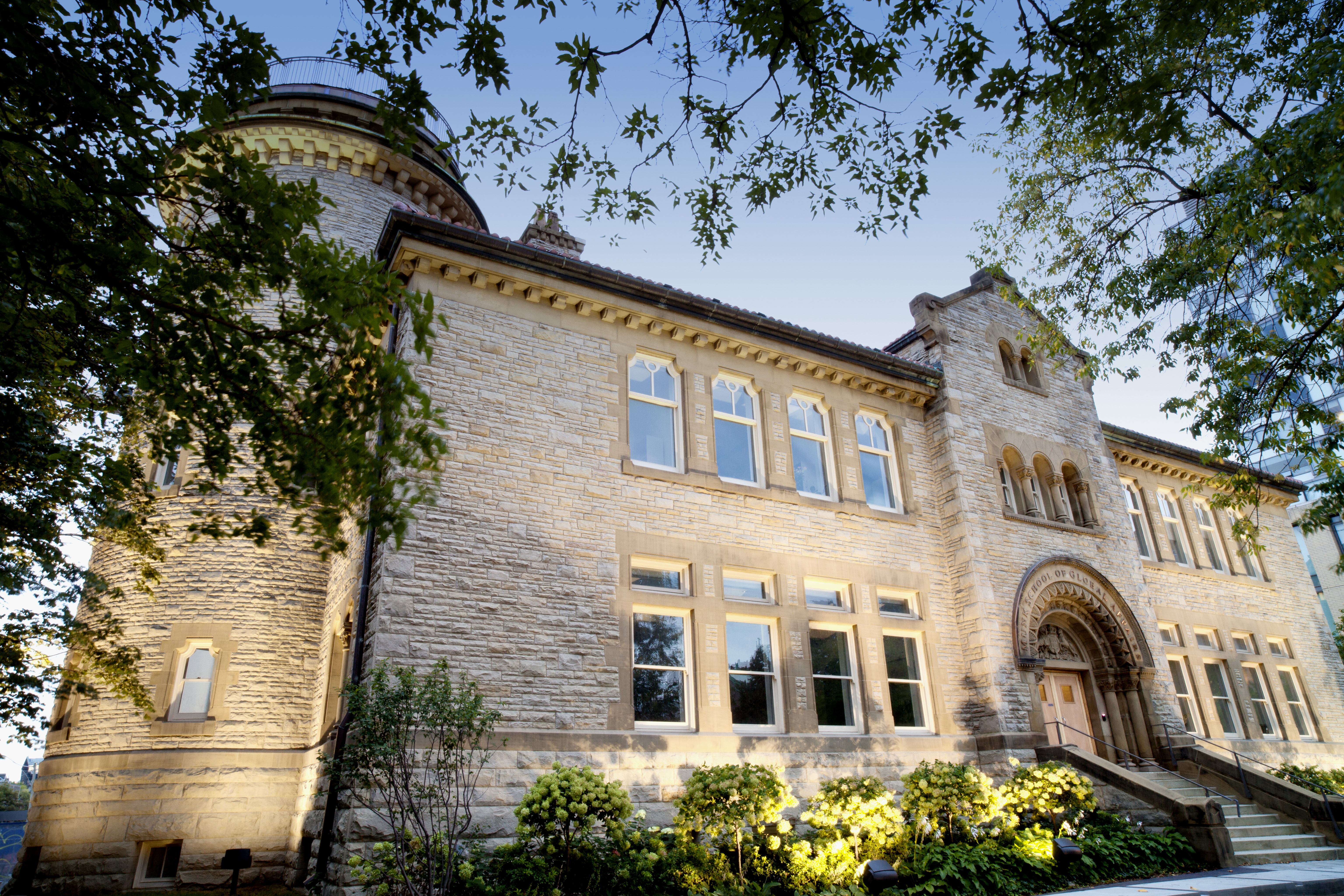
Photo: Riley Stewart.
When my predecessor wrote his letter a year ago, global politics looked grim. We had experienced the Brexit referendum, the election of President Trump after a campaign shot through with fake news, the effective end of democracy in Turkey, and authoritarian turns in Poland and Hungary. Rodrigo Duterte continued his thuggish rule in the Philippines. Jihadist attacks occurred in Turkey, France, Germany, the United Kingdom, Finland and Sweden. And tens of millions of people remained forcibly displaced.
A year on, the number of forcibly displaced people worldwide has increased to 65 million, with the harrowing flight of Myanmar’s Rohingya adding a further 700,000. Populist leaders around the world seem to share playbooks: fomenting prejudice, attacking critics, using social media to frighten and divide people. Viktor Orbán has consolidated power in Hungary. Recep Tayyip Erdog˘an dominates Turkey. Bashar al-Assad grins in Syria, sensing victory after a pitiless campaign. Vladimir Putin tests NATO and the West with provocations at once brazen and ambiguous.
Still, there have been signs of hope. Emmanuel Macron won the French presidency with a campaign supportive of the liberal international order. German chancellor Angela Merkel, making no apology for admitting one million refugees, won re-election (though she is, at the time of writing, again under severe political pressure). In Costa Rica, a defender of LGBTQ rights decisively won the presidential election.
There is, of course, no cause for Panglossian optimism. In Hungary, Viktor Orbán won a decisive election on an anti-migrant, anti-Muslim and anti-Semitic campaign. Erdog˘an remains firmly in control of Turkey, Assad is emerging victorious in Syria after a campaign of unspeakable brutality, and an economically weakened but ideologically emboldened Putin continues to interfere with democratic politics and Western cybersecurity. But the last year has shown that there is a powerful counter-narrative and counter-action. As in the 1930s, it would be very foolish to underestimate the defence-and-regeneration mechanism inherent in liberalism and liberal democracies, which contributes to robust civil societies, activist courts and a decentralization of power.
A world so restive – and with so much at stake – powerfully validates the Munk School’s mission. We’re unapologetic in our commitment to an open world where ideas and people move freely. We believe today’s greatest challenges – climate change, migration and security, to name a few – cannot be solved unilaterally by states; they require international cooperation and the active involvement of all stakeholders. The Munk School helps shape the global conversations that inform such cooperation. On economic and innovation policy, global justice, cybersecurity, migration and sustainability, we’re driving vital international discourse that will improve public policy nationally and internationally.
Recent developments at the Munk School place us in an even better position to achieve these goals. I have saved the best news for last: as of July 1, 2018, the School of Public Policy and Governance will amalgamate with the Munk School of Global Affairs. The newly renamed Munk School of Global Affairs and Public Policy will continue both schools’ traditions of scholarly excellence, public engagement and policy advice through the addition of outstanding faculty and the renowned Master of Public Policy degree. In this age of fake news, the need for evidence-based research on public policy and global affairs is more important than ever, and the need for the Munk School is greater than ever.
Randall Hansen
Interim Director, Munk School of Global Affairs
May 31, 2018

